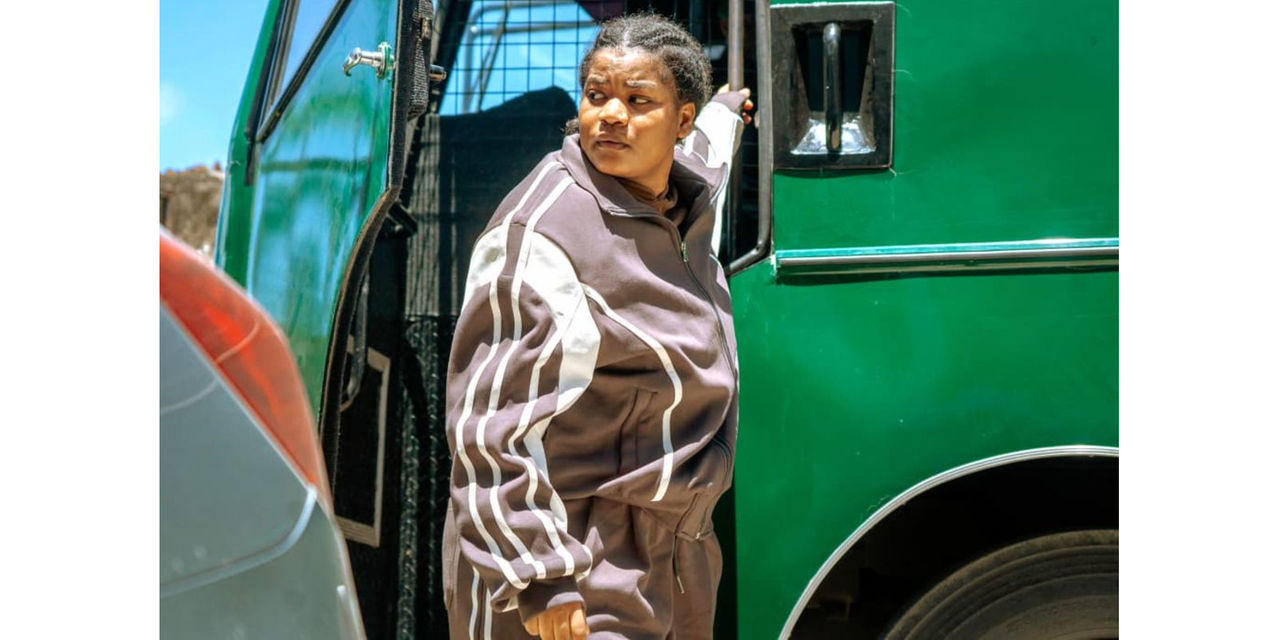Tanzanian businesswoman and social media personality Jenifer Jovin, popularly known as Niffer, was among 22 young people charged with treason in Dar es Salaam on Friday, following the violent unrest that erupted around the October 29 General Election.
Niffer, 26, was brought before the Kisutu Resident Magistrate’s Court where state attorneys read three charges against her including claims that she encouraged people to disrupt the election and mobilized them to buy tear-gas protection masks from her shop in Sinza.

The first charge, which applies to all 22 accused, alleges that the group conspired to commit treason between early October and election day.
The second charge targets 21 of the suspects excluding Niffer and accuses them of attempting to block the election and damaging government property during the riots.
The third charge is directed at Niffer alone, accusing her of initiating plans to interfere with the election by urging people to prepare for protests.
Her lawyer, Peter Kibatala, told the court that Niffer was beaten by several police officers and forced to sign a statement before she was taken to court. He asked the magistrate to order that all the accused be taken for medical treatment.
Kibatala also questioned the charge sheet, saying it failed to list the ages of some suspects or specify which government properties had been destroyed. The magistrate, however, dismissed the request to drop the case but ordered that the accused be treated. The matter was postponed to November 11, when bail cannot be considered because treason is a non-bailable offense.
Niffer was first taken into custody on October 27, after social media reports claimed she had been abducted. Dar es Salaam Special Zone Police Commander Jumanne Muliro later confirmed that she had been arrested in Sinza and questioned over allegations of inciting unrest ahead of the election.
Niffer’s case is unfolding in the middle of a highly controversial election week in Tanzania. Opposition candidates were blocked from running, protests broke out across major cities and security forces responded with heavy force. Human rights groups say hundreds of people may have been killed during the clashes, though official figures have not been released. Dozens of young people remain in custody and rights groups say some detainees have not received medical care or access to lawyers. Internet access was also shut down for five days, making it difficult to verify information as violence spread across the country.






